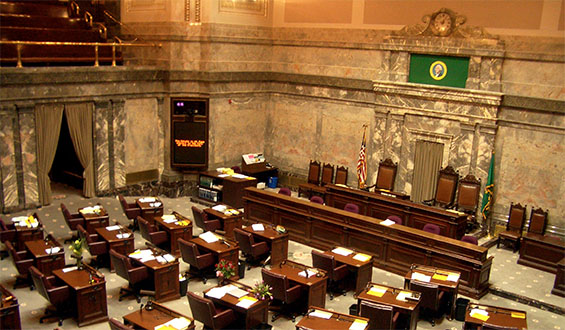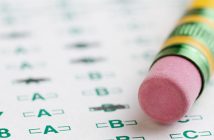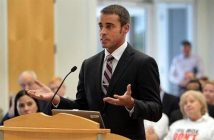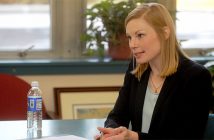
Washington state charter schools may be saved by a new bill that has been passed. The purpose of the measure, Senate Bill 6194, is to keep charters open despite a court ruling made in September that declared them unconstitutional.
SB 6194 aims to have state lottery revenues pay for charter schools and not rely on tax revenues that are channeled to the state’s general fund, reports Melissa Santos of The News Tribune.
Charter schools, which are privately run but publicly supported, may stay afloat if changing the funding source can alleviate the issues that resulted in the state Supreme Court striking down Washington’s charter school law in 2015.
Opponents of the bill said the measure would not resolve the biggest issue that the court raised. Charters are not managed by publicly elected boards, but by appointed board members.
The sponsor of the legislation, Sen. Steve Litzow (R-Mercer Island), understands the court’s ruling and wants to reclassify charter schools as “uncommon schools” that are not reliant on funds that are protected by the state constitution.
Litzow added that charter schools are especially necessary for minority and low-income students. In his opinion, these students are deserving of more choices than what is being offered by traditional public schools.
The bill passed in the Senate by a 27-20 vote, with a majority of Democratic members voting against the measure. The state first approved the charter school system by passing Initiative 1240 in 2012.
“I’m just frustrated that we can spend all this time and passion talking about what we want to do for a handful of schools, when I am frustrated that we do not do the job we’re supposed to do for all the schools in the state,” said state Sen. Dean Takko, D-Longview.
Lawmakers said that approximately 1,200 students are enrolled in the state’s eight charter schools. One of the schools in Seattle converted to private school status when the Supreme Court made its ruling. The state runs 2,300 traditional public schools.
The process that led to the measure being passed by the Senate, according to Kate Stringer of The74, included pleas from charter school students who urged the lawmakers not to take away the schools that allowed them to taste their first academic success.
Currently, the state legislature is being fined $100,000 per day by the Supreme Court for not fully funding education. Some legislators wondered if the fate of charter schools in Washington was more important than this crucial mandate. Others asserted that an amendment to the charter bill should include making the full funding of K-12 education a priority.
Sen. Pramila Jayapal (D-Seattle) believes the state is not meeting its most important duty, which is funding fundamental education.
“There is a systematic disinvestment in our public school system in this state,” she said.
Those opposed to the bill say there will still be constitutional questions regarding charter schools even if the measure is enacted, writes Rachel La Corte for the Associated Press.
Joe Connelly of SeattlePI explains that the bill’s proposal to use state lottery revenues for supporting charter schools will come out of the state’s Opportunities Pathways Account, which consists of money funded by the lottery. State lottery proceeds are used for more than charter schools. The state lottery website defines those recipients:
“Beginning July 2010, more than $100 million annually in Lottery proceeds will be dedicated to the Opportunity Pathways Account helping to fund access grants, state work study awards, and two merit scholarship programs. Additionally, funds from the account may be used to support early learning programs.”
Other monies from lottery proceeds are used for reducing stadium debt for Safeco Field and Qwest Field and Exhibition Center and to assist in the prevention and treatment of problem gambling.




